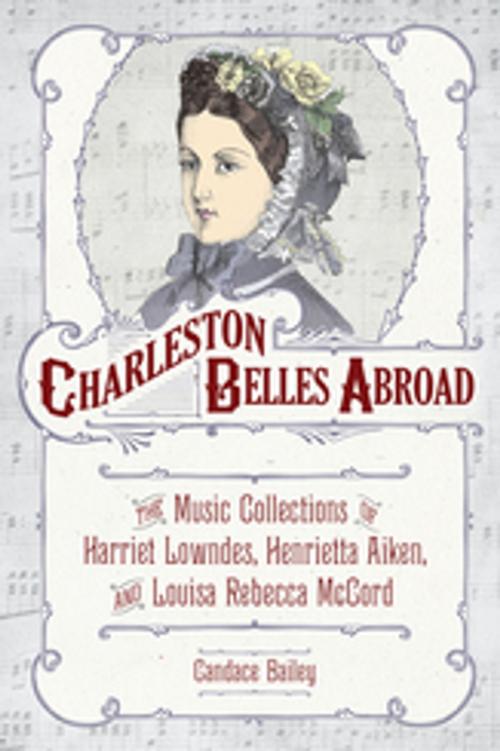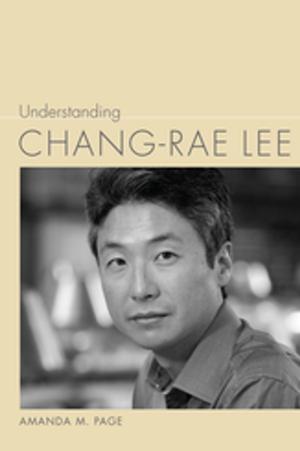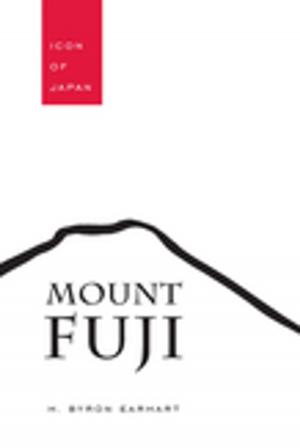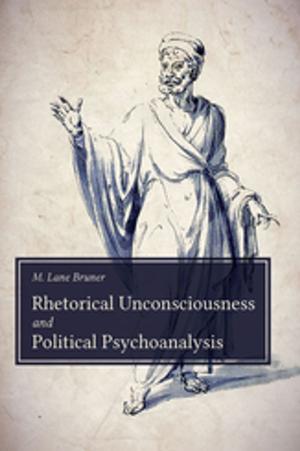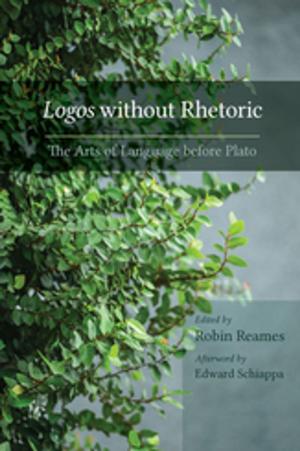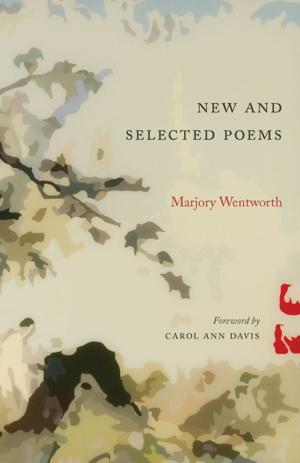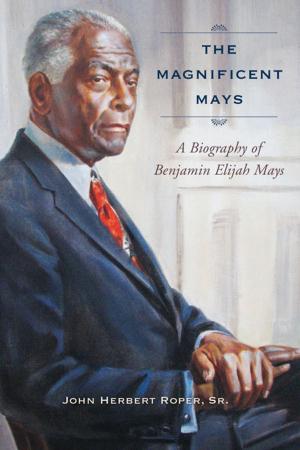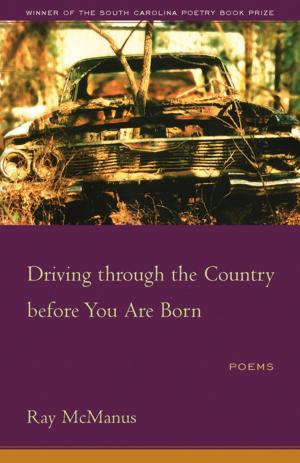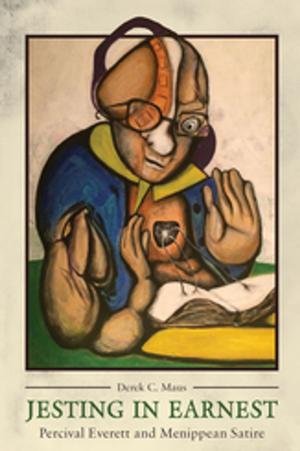Charleston Belles Abroad
The Music Collections of Harriet Lowndes, Henrietta Aiken, and Louisa Rebecca McCord
Nonfiction, Social & Cultural Studies, Social Science, History| Author: | Candace Bailey | ISBN: | 9781611179576 |
| Publisher: | University of South Carolina Press | Publication: | February 18, 2019 |
| Imprint: | University of South Carolina Press | Language: | English |
| Author: | Candace Bailey |
| ISBN: | 9781611179576 |
| Publisher: | University of South Carolina Press |
| Publication: | February 18, 2019 |
| Imprint: | University of South Carolina Press |
| Language: | English |
In Charleston Belles Abroad, Candace Bailey examines the vital role music collections played in the lives of elite women of Charleston, South Carolina, in the years leading up to the Civil War. Bailey has studied a substantial archive of music held at several southern libraries, including the library in the historic Aiken-Rhett House, once owned by William Aiken Jr., a successful businessman, rice planter, and governor of South Carolina. Her skill as a musicologist enables her to examine the collections as primary sources for gaining a better understanding of musical culture, instruction, private performance, cultural tourism, and the history of the music industry during this period. The bound and unbound collections and their associated publications show that international travel and music education in Europe were common among Charleston’s elite families. While abroad, the budding musicians purchased the latest music publications and brought them back to Charleston, where they often performed them in private and at semipublic events. Through a narrow exploration of the collections of these elite women, Bailey exposes the cultural priorities within one of the South’s most influential cities and illuminates both the commonalities and discrepancies in the training of young women to enter society. A noteworthy contribution to southern and urban history, Charleston Belles Abroad provides a deep study of music in the context of transatlantic values, interpersonal relationships, and stability and tumult in the South during the nineteenth century.
In Charleston Belles Abroad, Candace Bailey examines the vital role music collections played in the lives of elite women of Charleston, South Carolina, in the years leading up to the Civil War. Bailey has studied a substantial archive of music held at several southern libraries, including the library in the historic Aiken-Rhett House, once owned by William Aiken Jr., a successful businessman, rice planter, and governor of South Carolina. Her skill as a musicologist enables her to examine the collections as primary sources for gaining a better understanding of musical culture, instruction, private performance, cultural tourism, and the history of the music industry during this period. The bound and unbound collections and their associated publications show that international travel and music education in Europe were common among Charleston’s elite families. While abroad, the budding musicians purchased the latest music publications and brought them back to Charleston, where they often performed them in private and at semipublic events. Through a narrow exploration of the collections of these elite women, Bailey exposes the cultural priorities within one of the South’s most influential cities and illuminates both the commonalities and discrepancies in the training of young women to enter society. A noteworthy contribution to southern and urban history, Charleston Belles Abroad provides a deep study of music in the context of transatlantic values, interpersonal relationships, and stability and tumult in the South during the nineteenth century.
